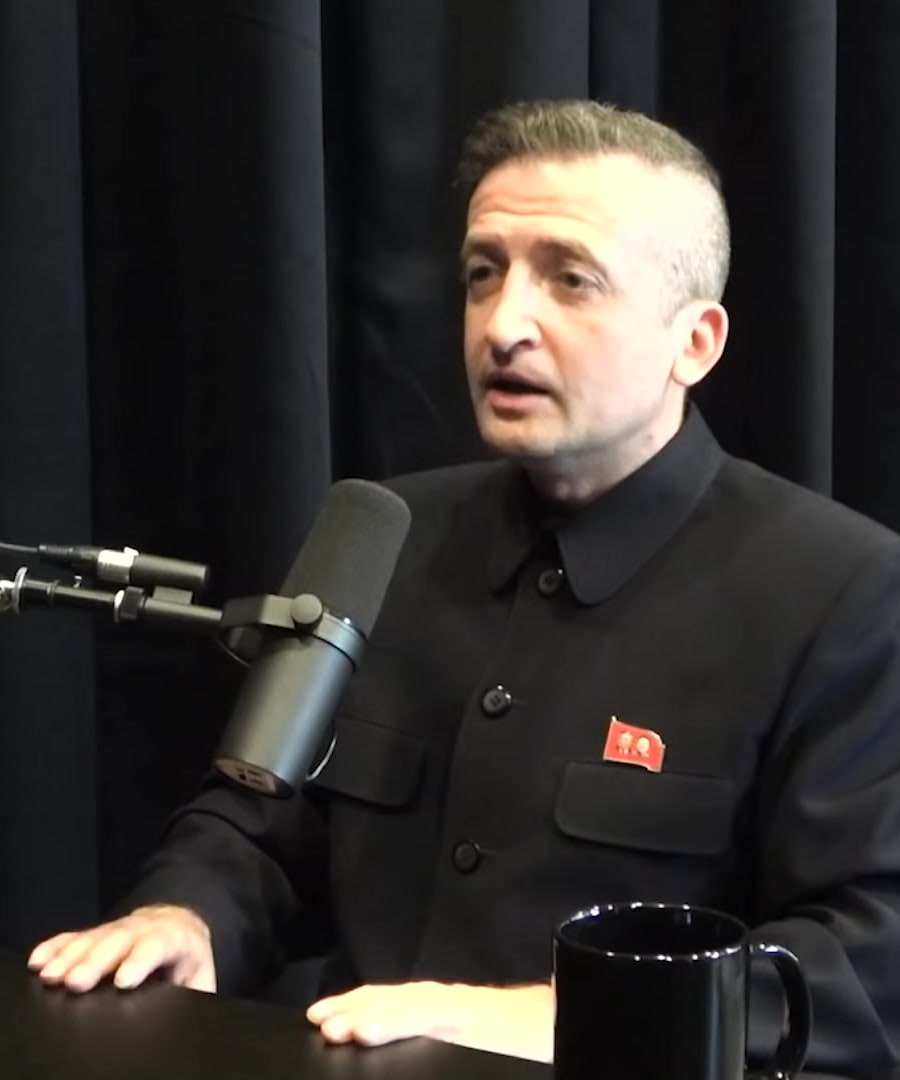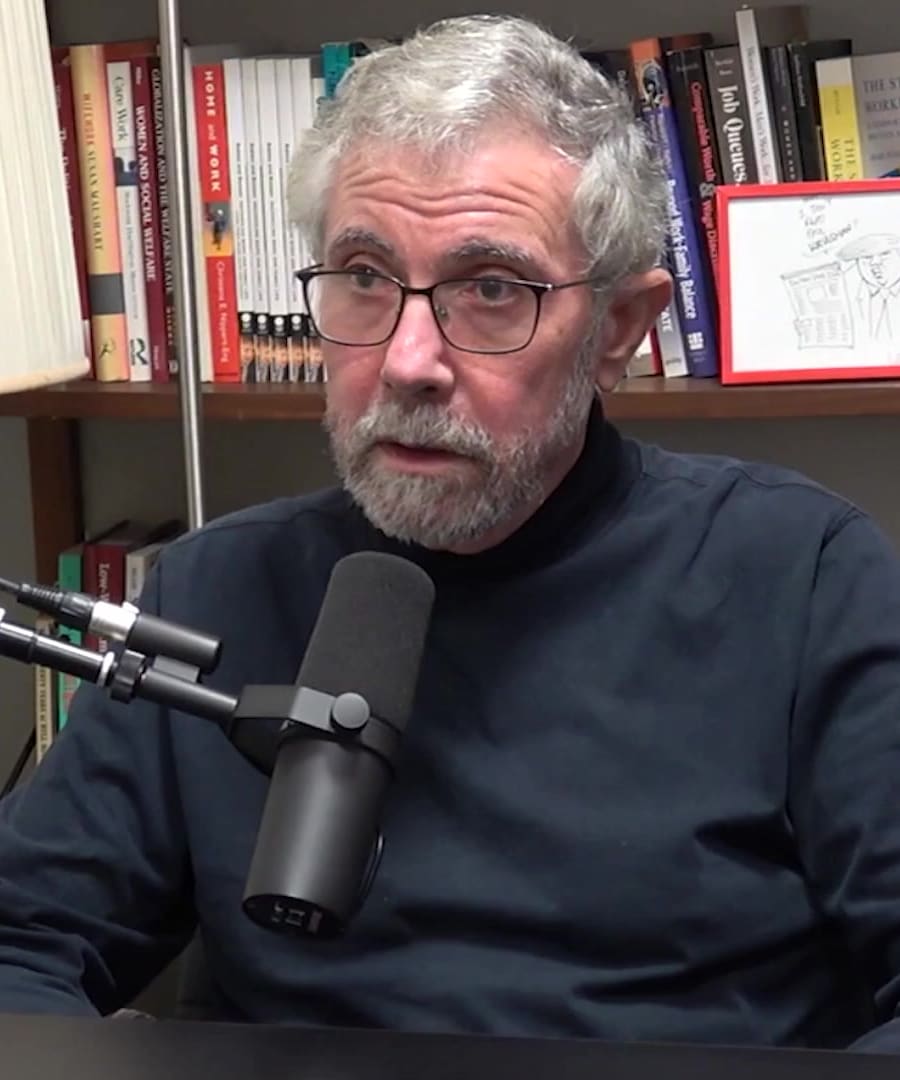What is the importance of free markets?
Sources:
The importance of free markets is multifaceted and touches on economic freedom, entrepreneurial spirit, decentralization, and the autonomy to innovate and make economic choices. Here are some key points articulated by guests on Lex Fridman's podcast:
-
Economic Freedom and Entrepreneurship: Guests on the podcast, like Magatte Wade and Benjamin Netanyahu, have emphasized that free markets play a crucial role in promoting economic freedom and entrepreneurship. For example, Wade discusses the transformative effect free markets have had in places like Singapore and Hong Kong, and how they could similarly impact Africa by minimizing governmental over-regulation. Free markets provide a conducive environment for business, leading to economic growth and innovation [1].
-
Decentralization and Choice: The podcast has highlighted how free markets encourage decentralization and expand consumer choice. In less regulated markets, advancements in technology and wealth, which are byproducts of free enterprise, facilitate greater diversity in products and services, enhancing consumer choice and competition [2].
-
Innovation and Global Competitiveness: Netanyahu praises free market reforms for Israel's rapid economic growth and its status as an innovation hub. Free markets unleash creative potential and drive technological advancements, making countries more competitive on a global scale [3].
-
Restoring Humility in Economics: Saifedean Ammous argues that acknowledging the complexity of human desires and behaviors is crucial, which supports the idea that free markets, favoring minimal centralized control, are preferable. This humility recognizes individuals' right to make their own economic decisions [4].
-
Practicality and Efficiency: Discussion in the podcast also touched on how free markets align incentives and facilitate efficient economic activities, without the need for extensive government intervention, which can often be bulky and less effective [5].
These discussions underscore that while free markets have their limits, especially in sectors like healthcare and education, they are effective in many areas, promoting economic growth, innovation, and personal freedom.
RELATED QUESTIONS-




